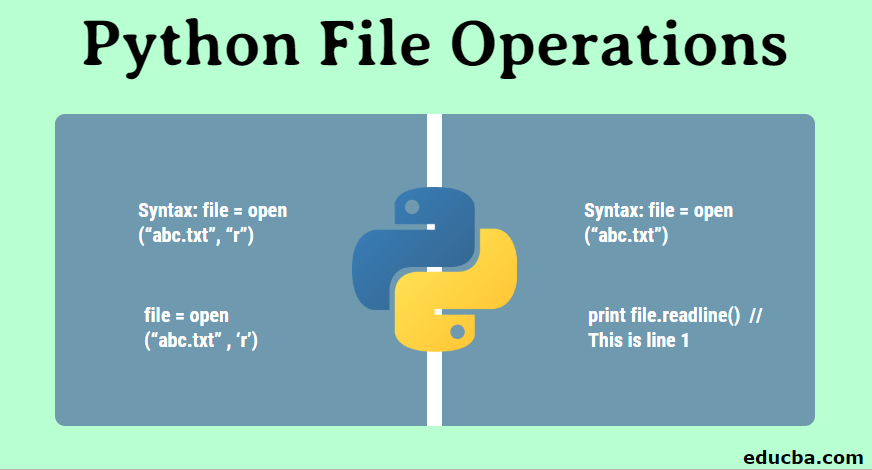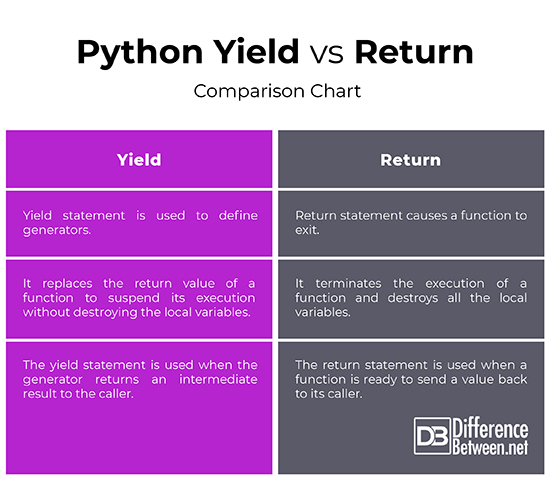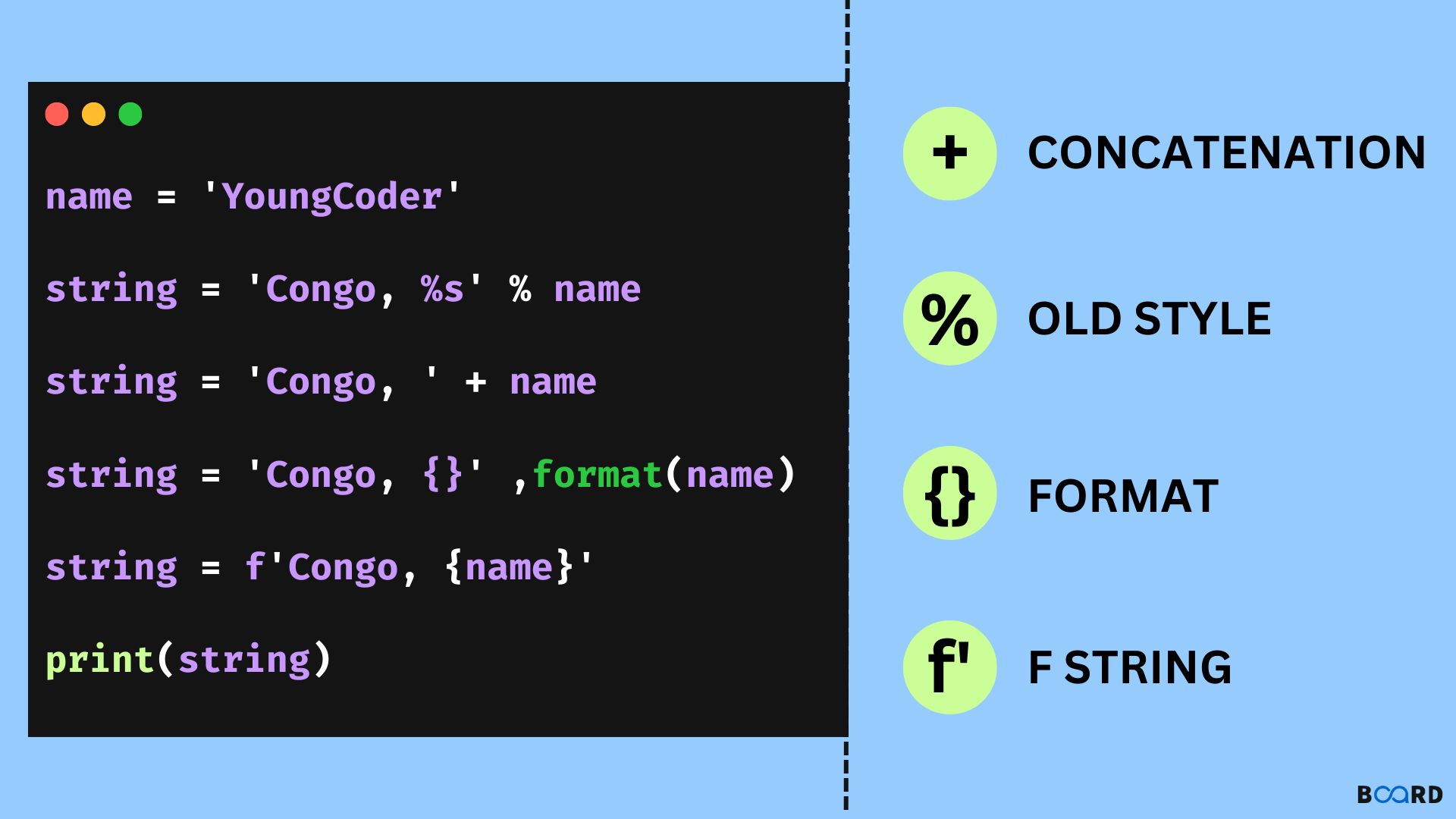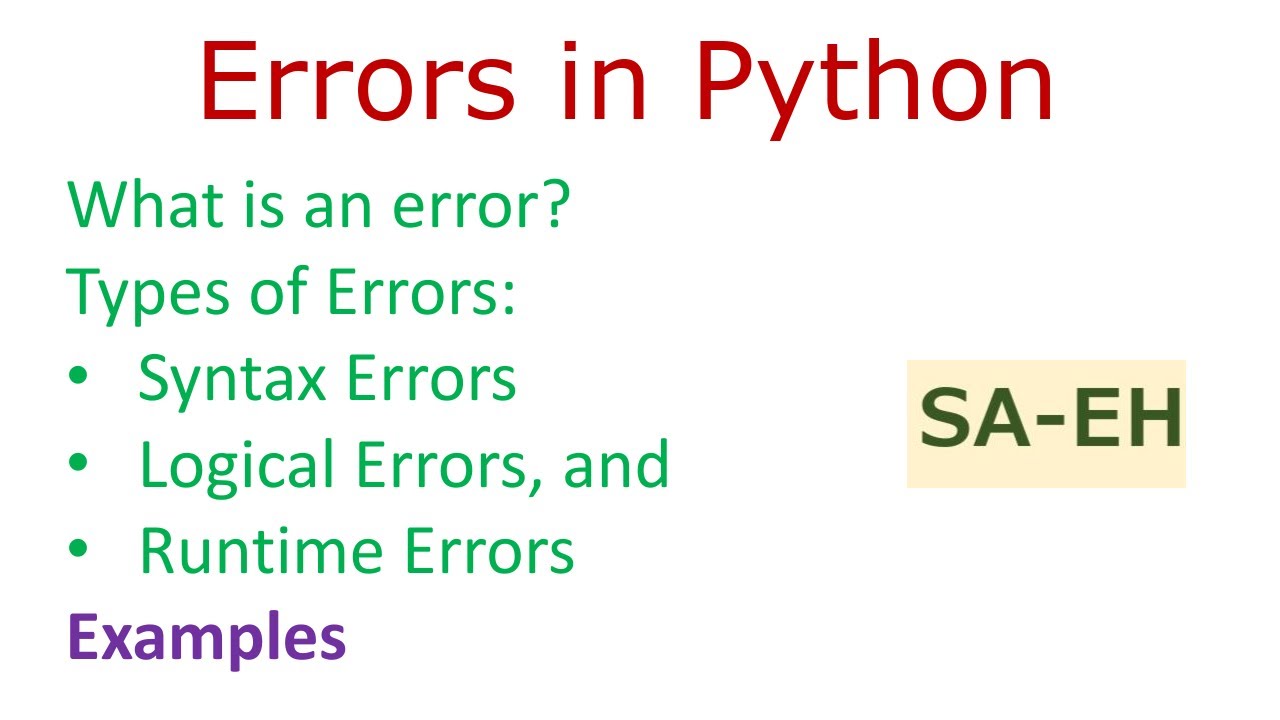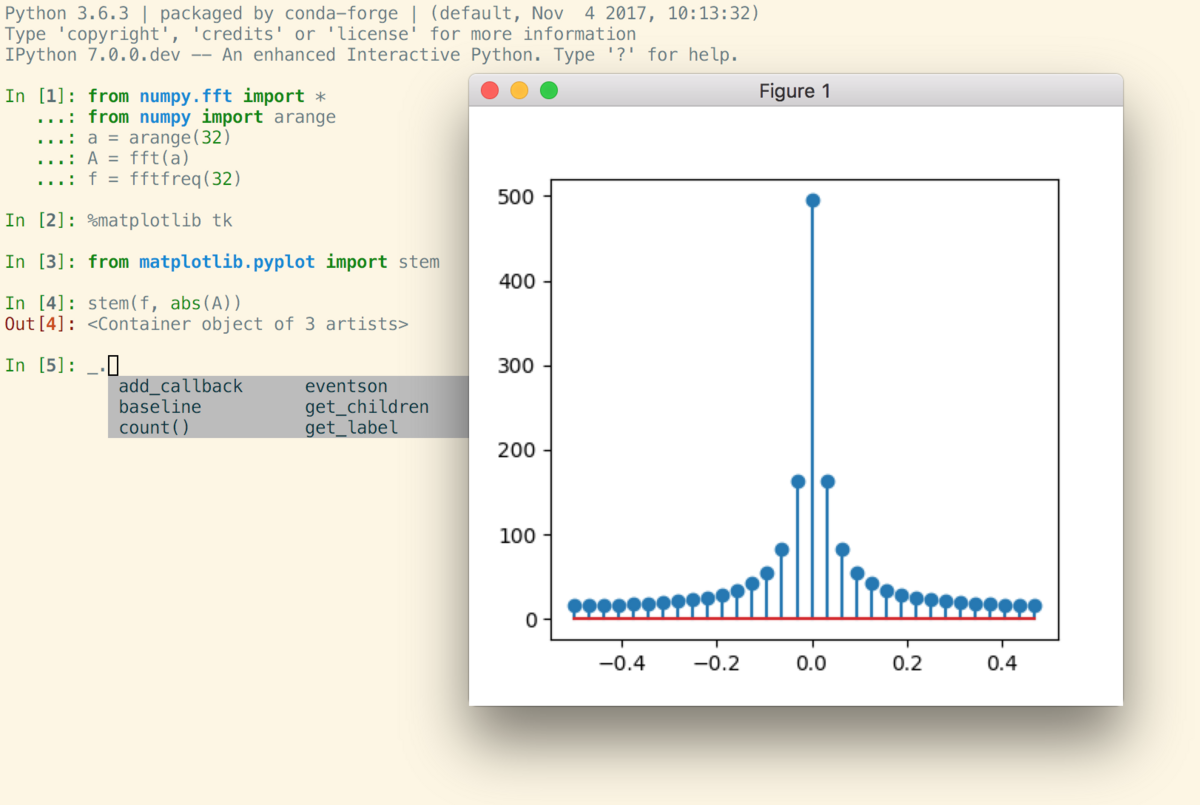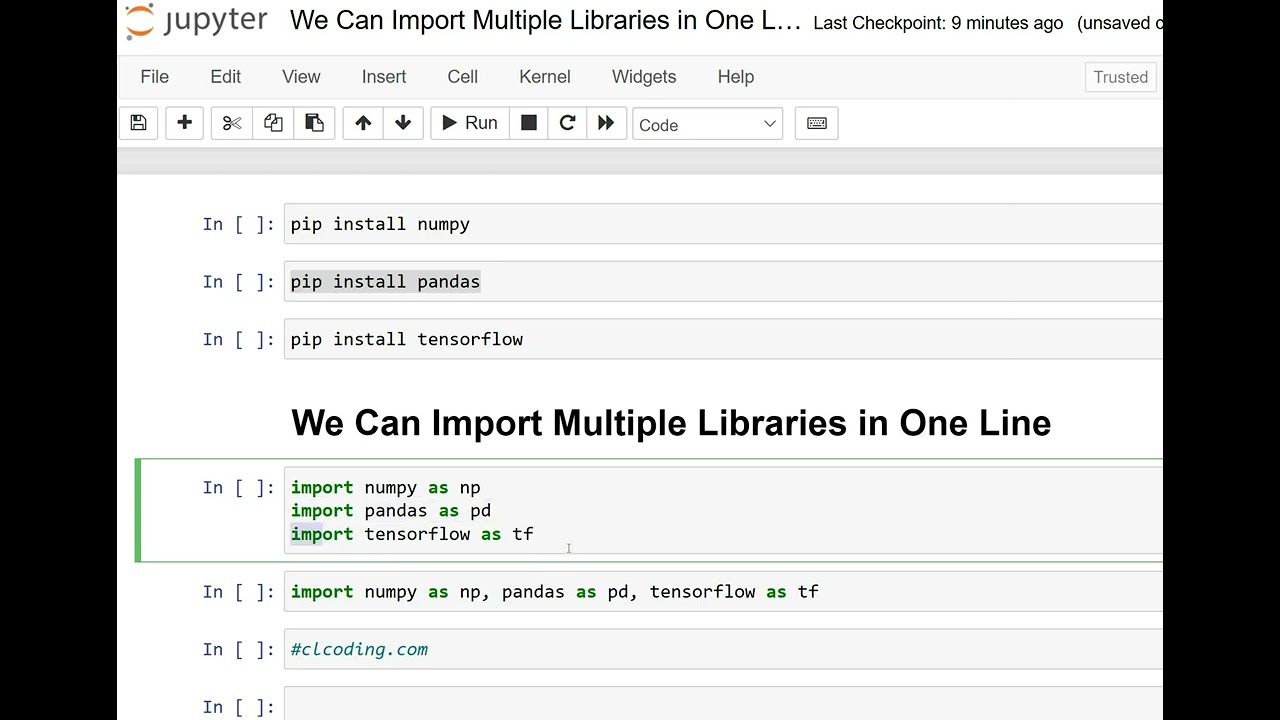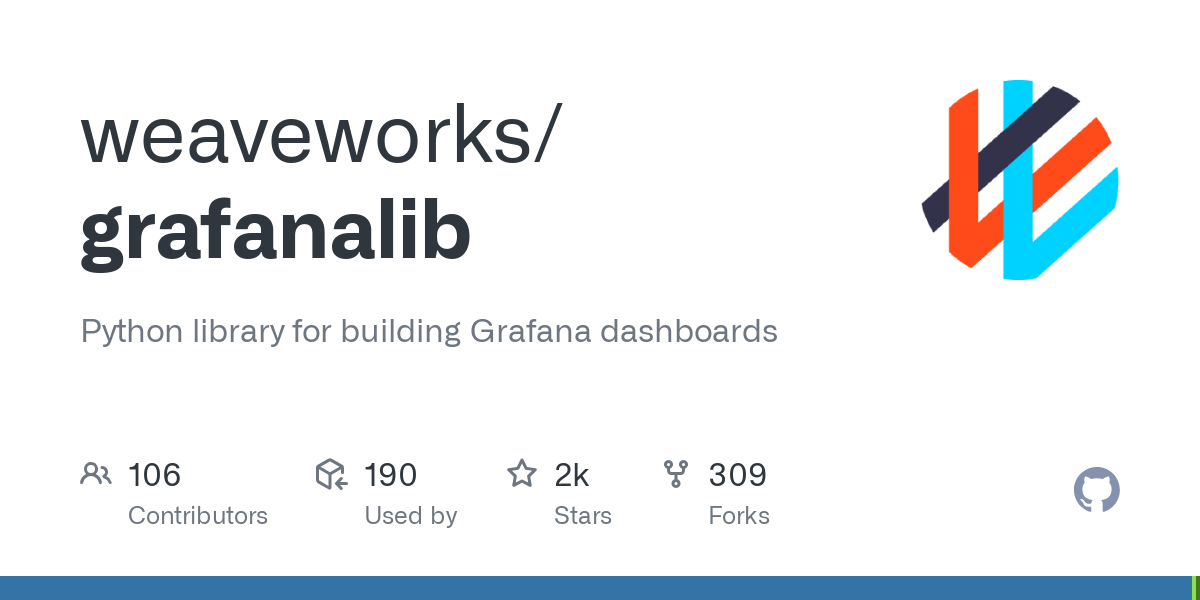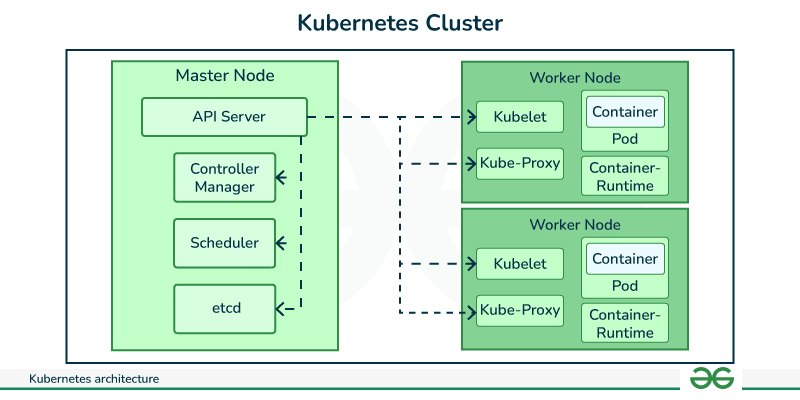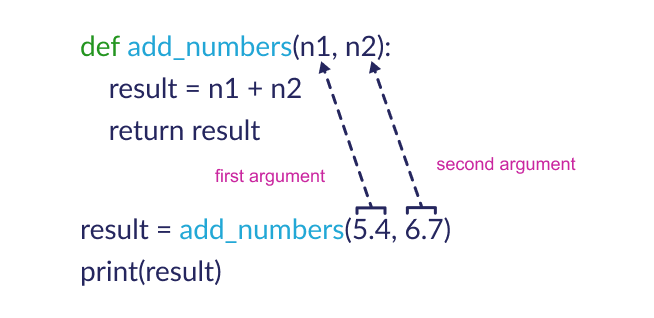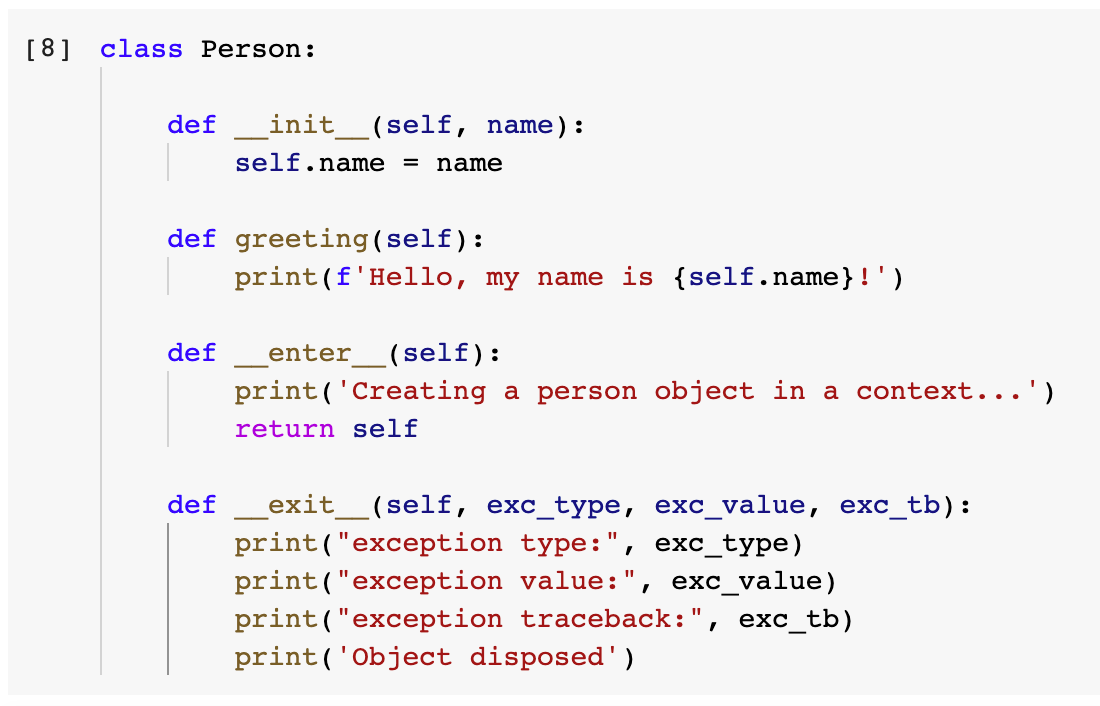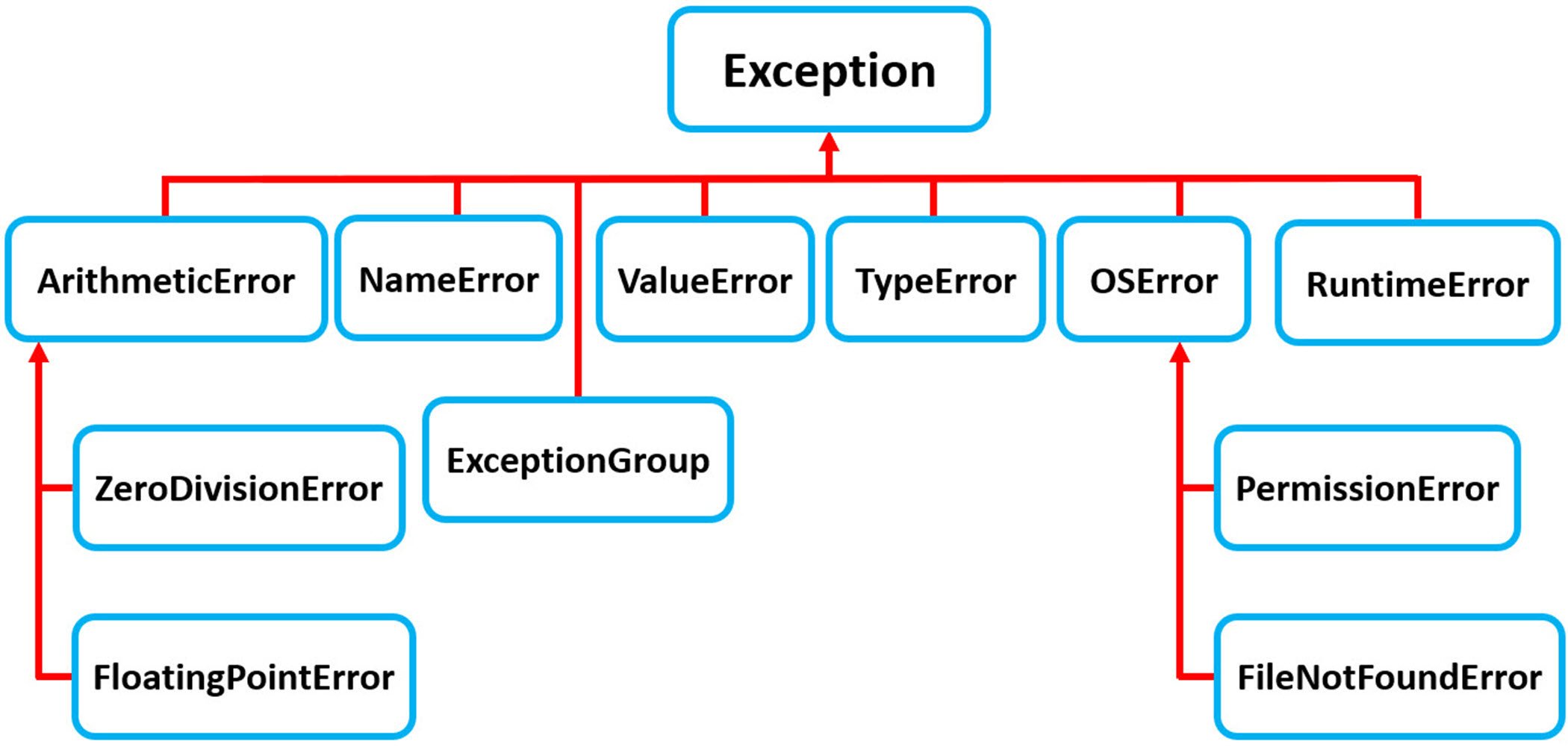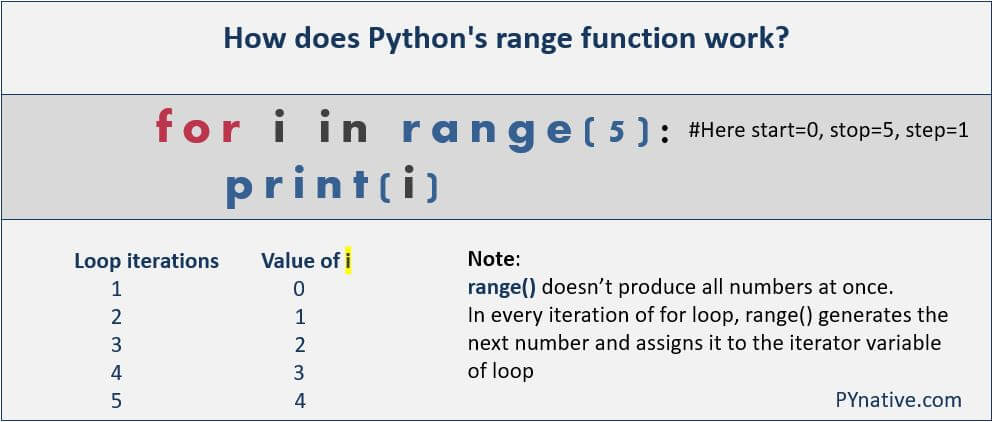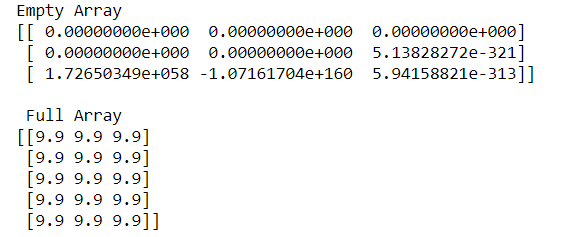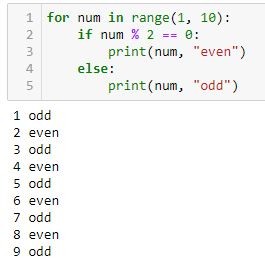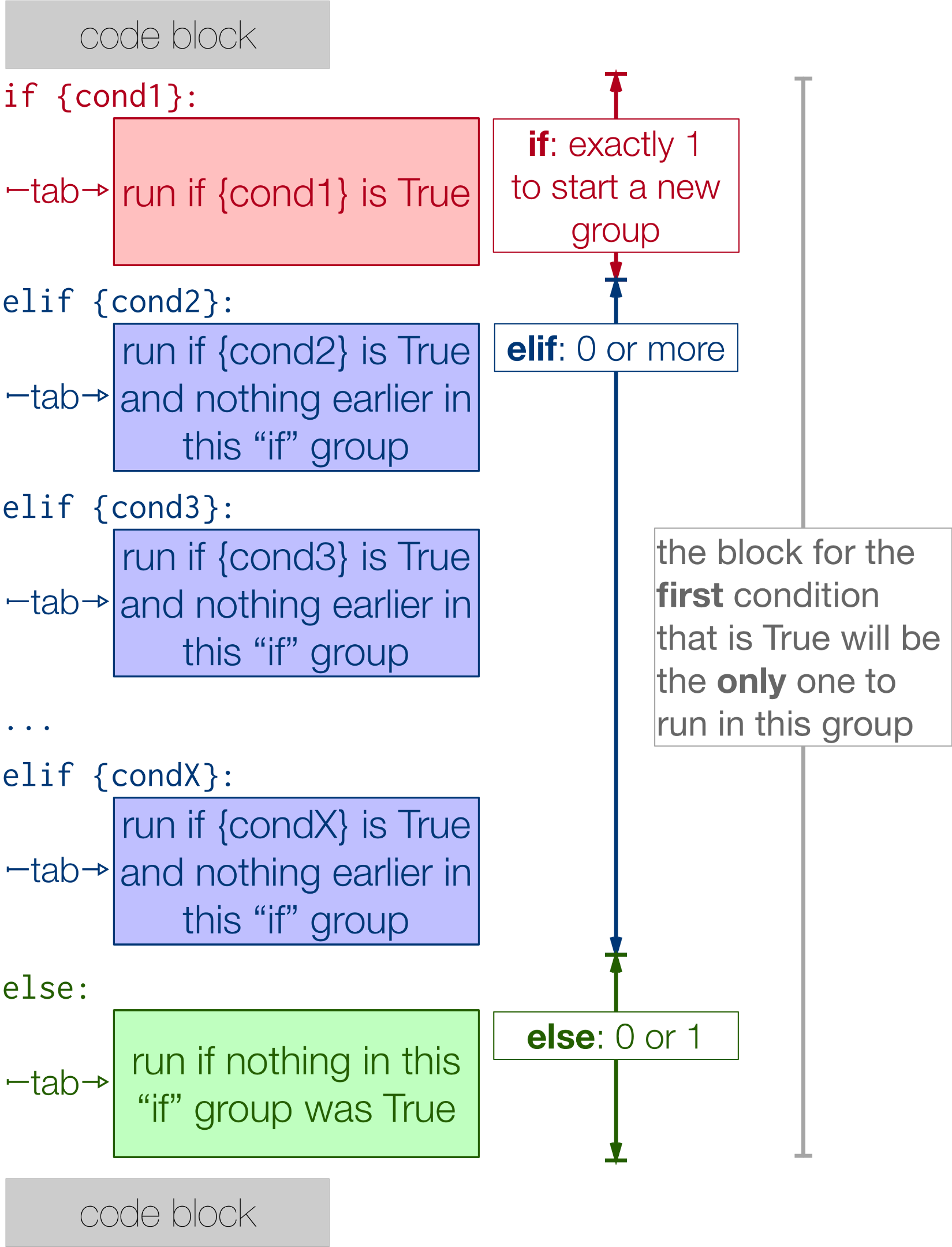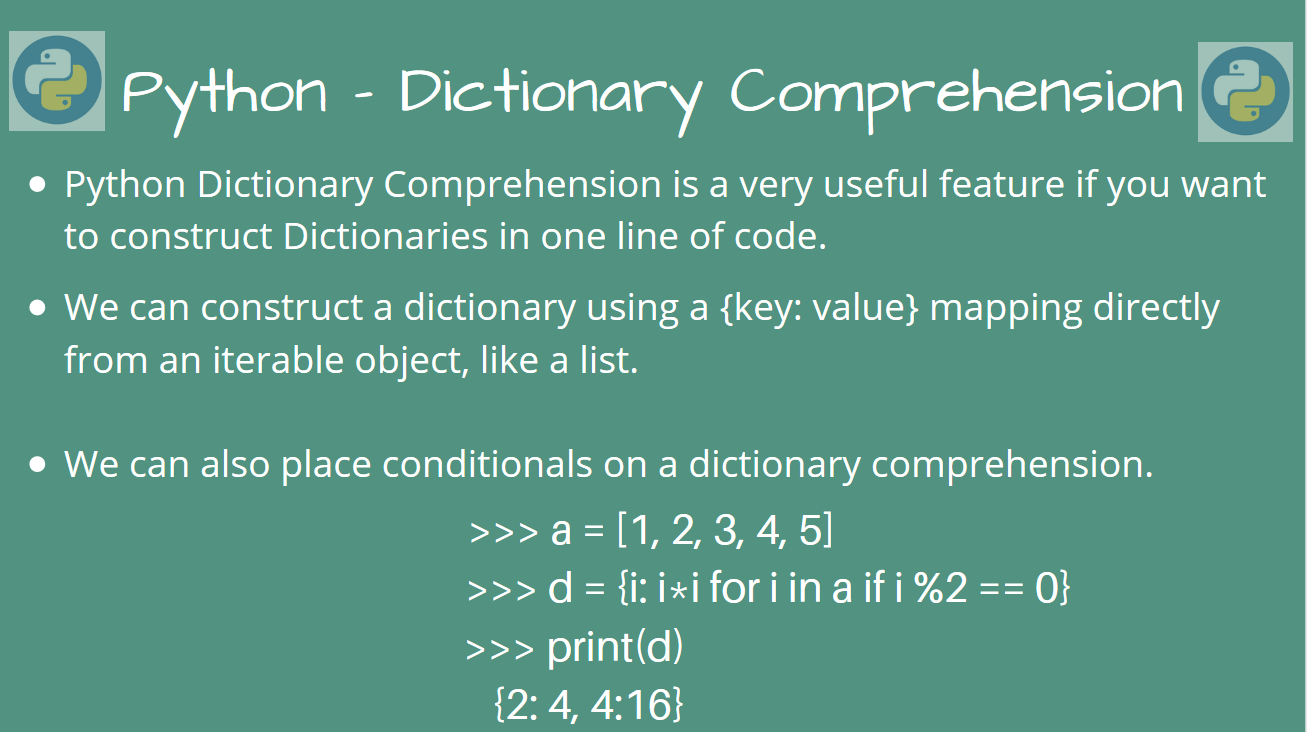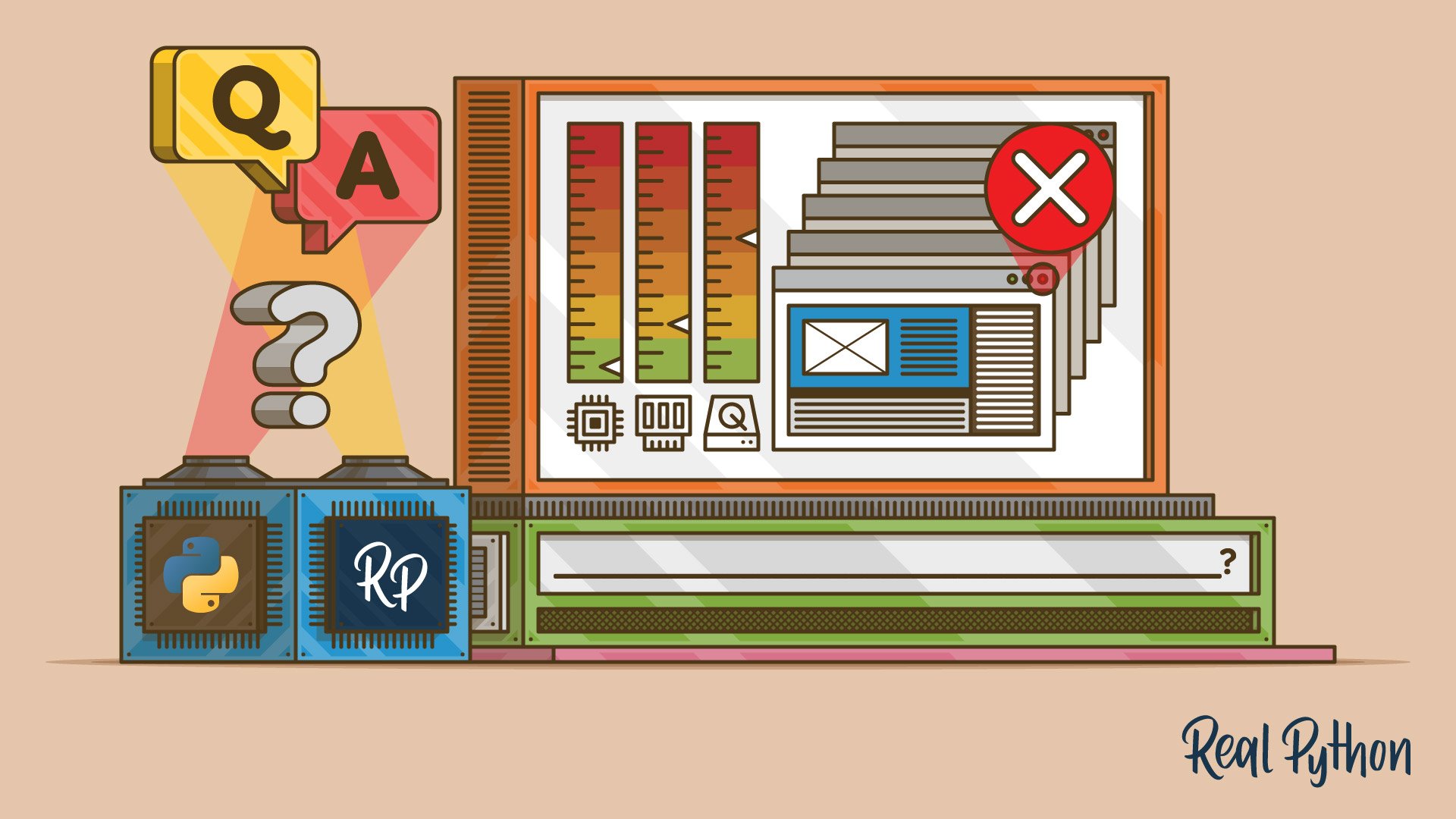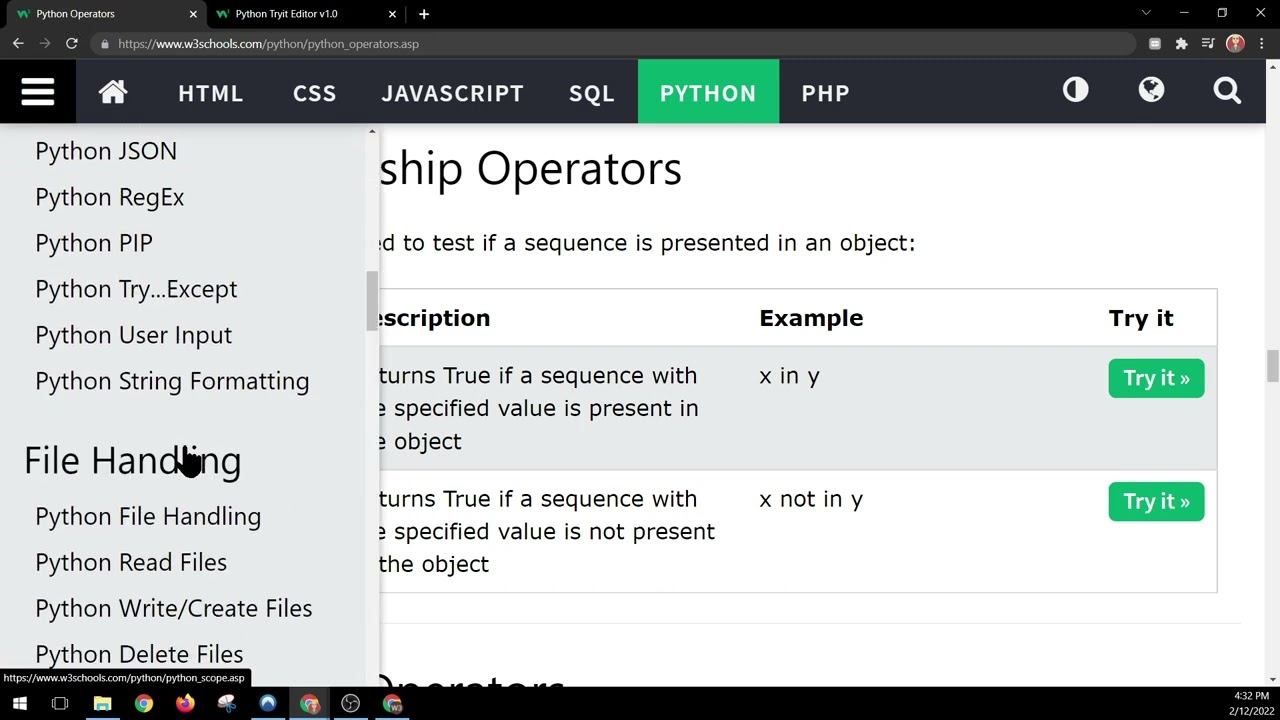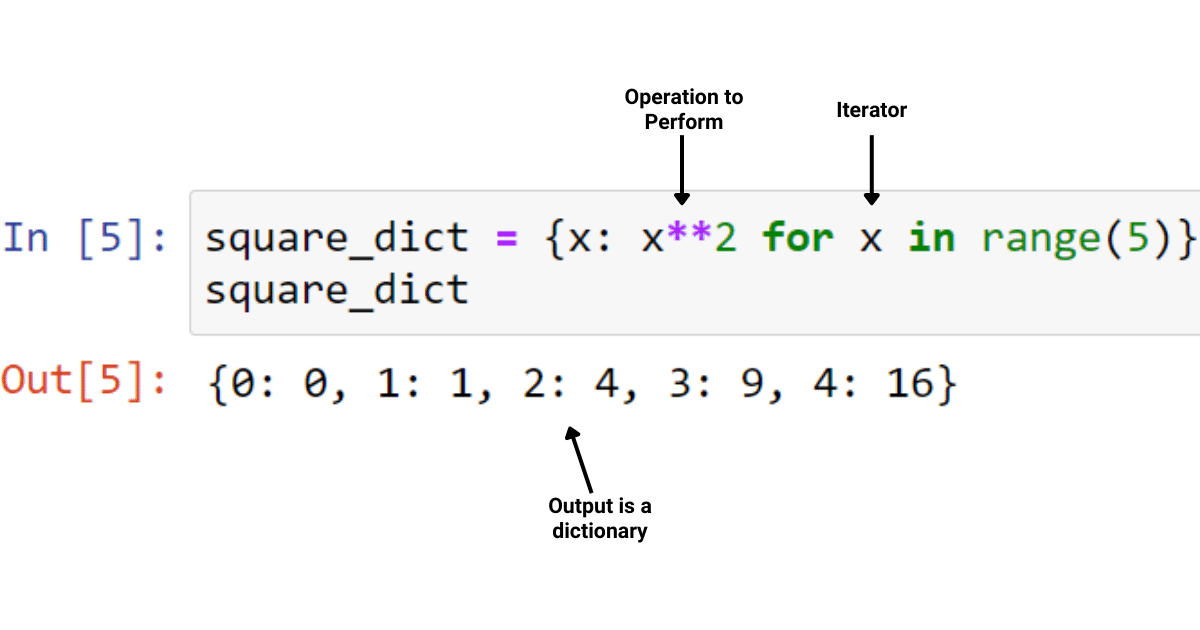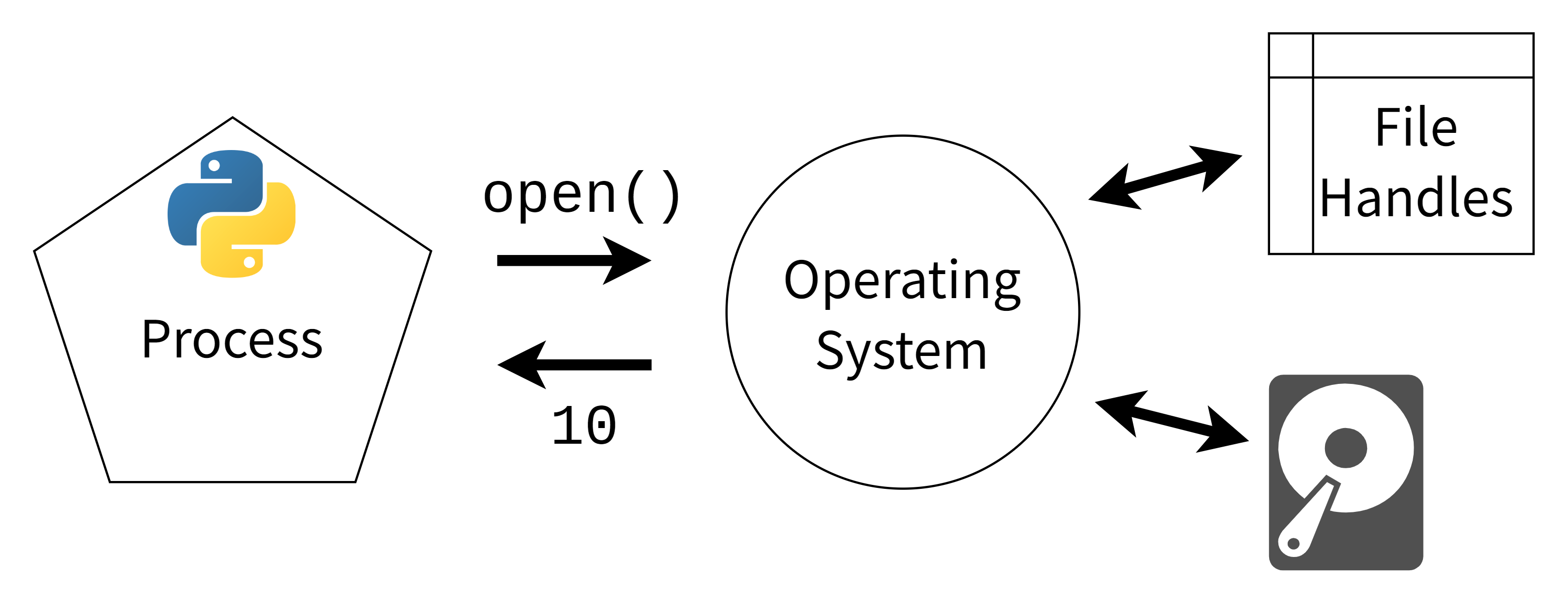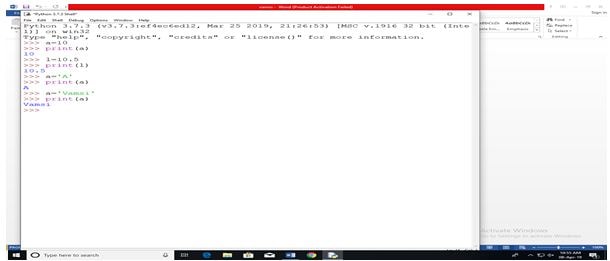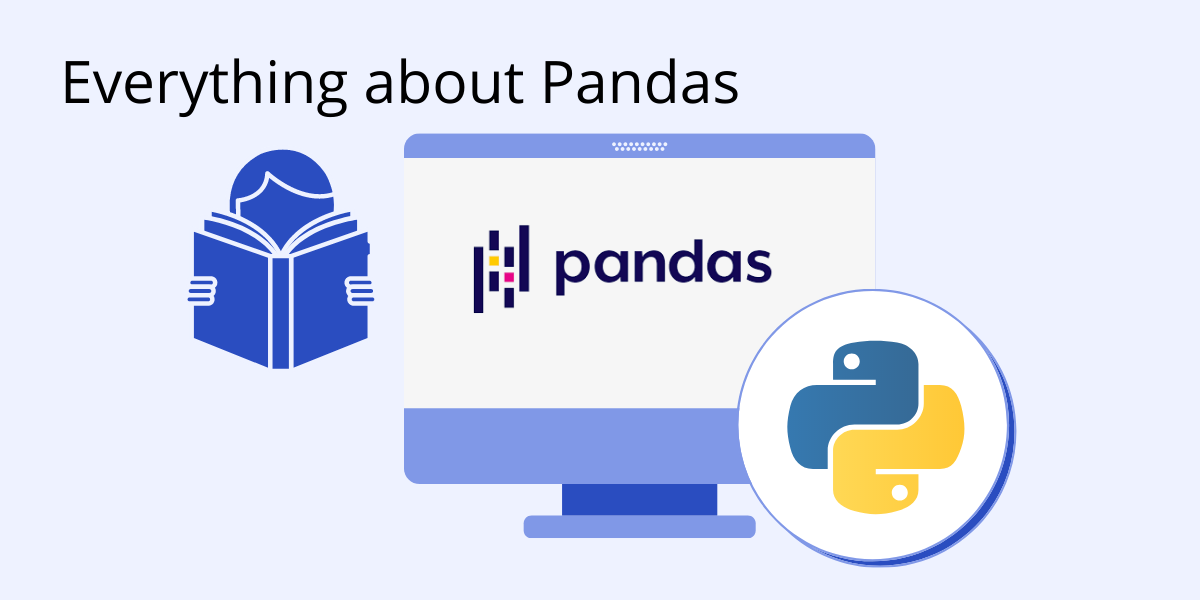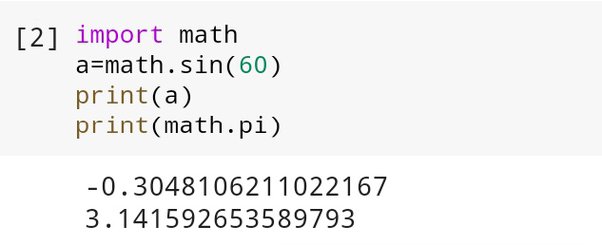Python OOP best practices
Python OOP best practices
Python OOP Best Practices!
As a developer, writing clean and maintainable code is crucial for long-term success. When it comes to Object-Oriented Programming (OOP) in Python, there are some best practices that can make your life easier and help you write better code.
Use meaningful names: Name your classes, methods, and variables with descriptive names that indicate their purpose. This makes your code more readable and easier to understand. Encapsulate data: Use private attributes (prefix them with_) to encapsulate data within a class. This helps maintain data integrity and reduces coupling between classes. Use composition over inheritance: Favor composition over inheritance whenever possible. Instead of inheriting from a base class, compose objects together to create new functionality. Avoid global variables: Avoid using global variables as much as possible. They can lead to tight coupling between modules and make your code harder to maintain. Use isinstance() for type checks: Instead of checking the type of an object with isinstance(obj, MyClass), use a protocol-based approach with interfaces (e.g., collections.abc.Sequence). Follow the Single Responsibility Principle (SRP): Ensure each class has only one reason to change. This principle helps you avoid god classes and makes your code more modular. Use context managers: Use context managers (with statements) when working with resources that need to be cleaned up after use. This ensures proper resource management and reduces the risk of memory leaks. Test your code thoroughly: Write unit tests for each class or module to ensure your code behaves as expected. Use a testing framework like unittest to simplify the process. Keep classes small and focused: Avoid creating massive, complex classes. Instead, break them down into smaller, more manageable pieces that are easier to understand and maintain. Use Python's built-in utilities: Take advantage of Python's built-in utilities, such as list comprehensions, dictionaries, and the itertools module, to simplify your code and reduce repetition.
By following these best practices, you'll be well on your way to writing clean, maintainable, and scalable code that's a pleasure to work with!
Additional Tips:
Docstrings are your friend: Use docstrings to document your classes, methods, and functions. This helps other developers (and yourself) understand what each piece of code does. Use type hints: Use type hints (->) to specify the expected types for method parameters and return values. This helps catch type-related errors at runtime and improves code readability. Keep constants in a separate module: Store constants, such as magic numbers or string literals, in a separate module to avoid cluttering your main code with unnecessary definitions.
Remember, the key to writing excellent OOP code is to keep it simple, maintainable, and flexible. By following these best practices, you'll be well-equipped to tackle even the most complex problems!
How's that? I hope this helps!
Is Python good for learning OOP?
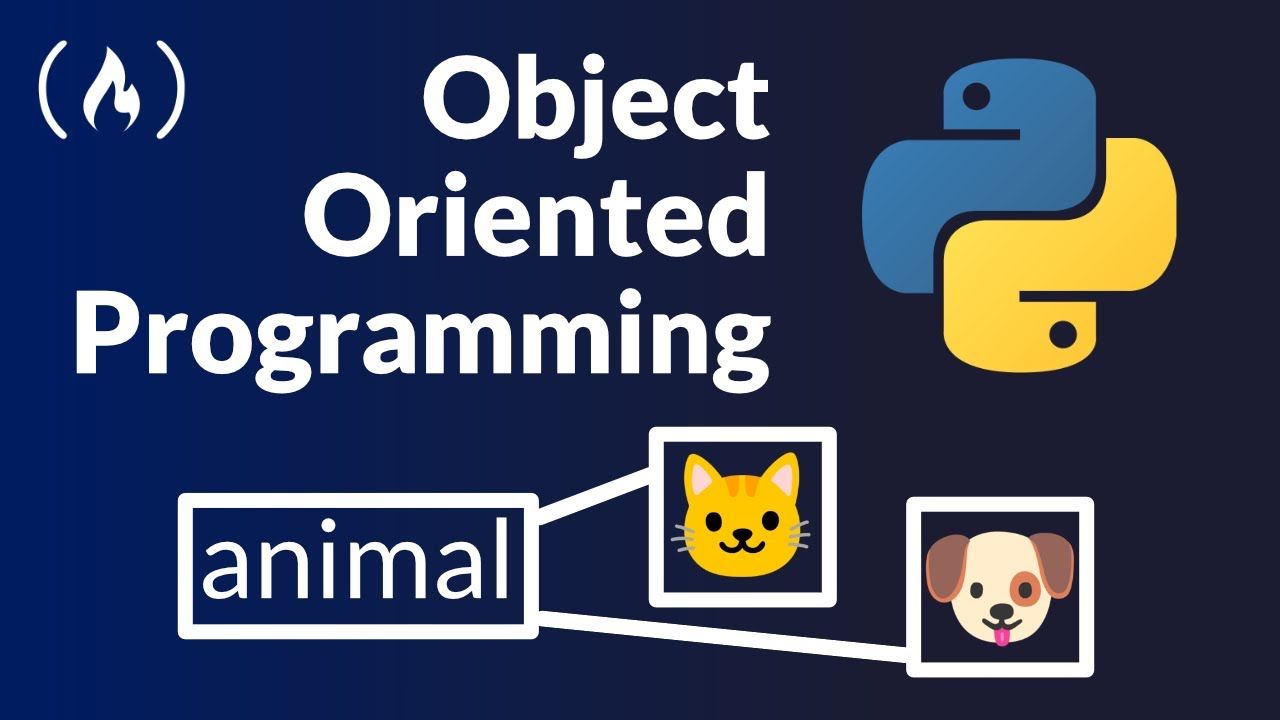
I'm happy to respond in English, but please note that I'll also provide a brief summary of my answer in Simplified Chinese at the end.
Python is an excellent language for learning Object-Oriented Programming (OOP) concepts. Here's why:
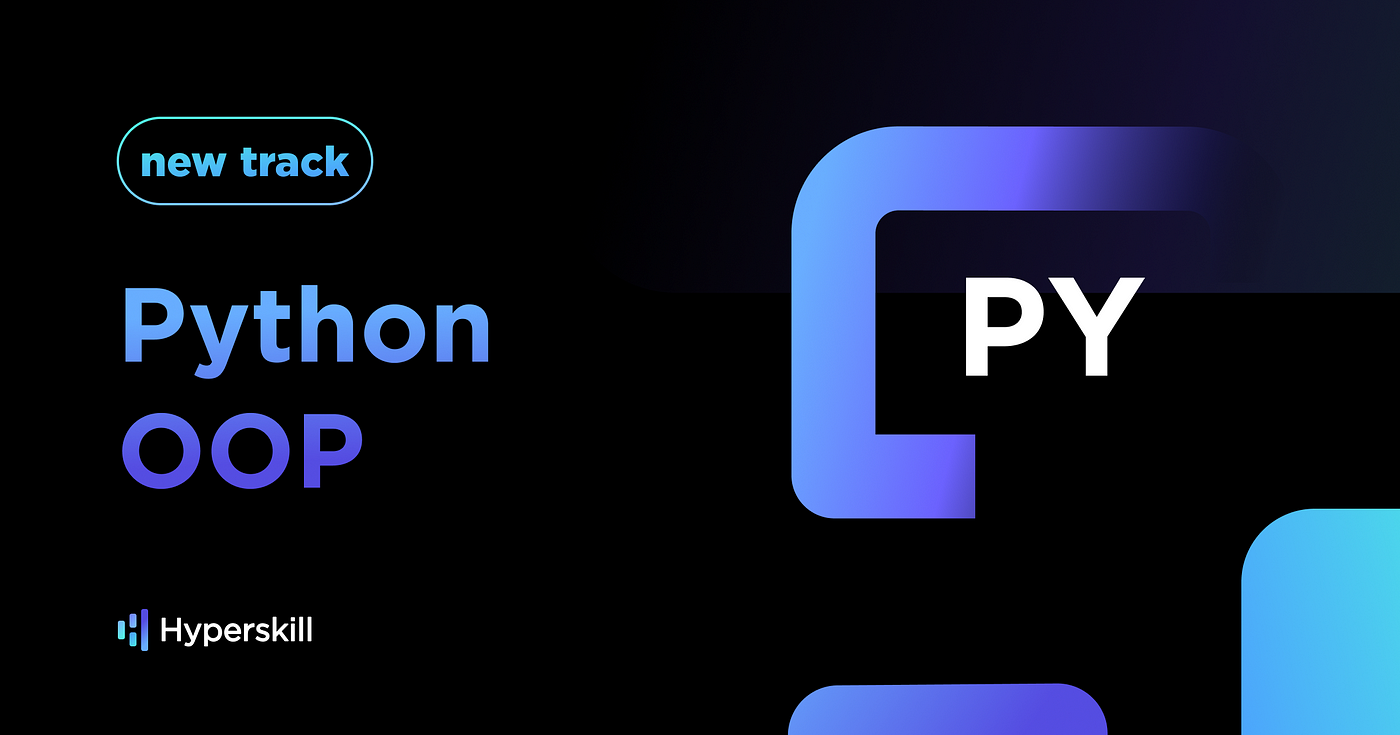
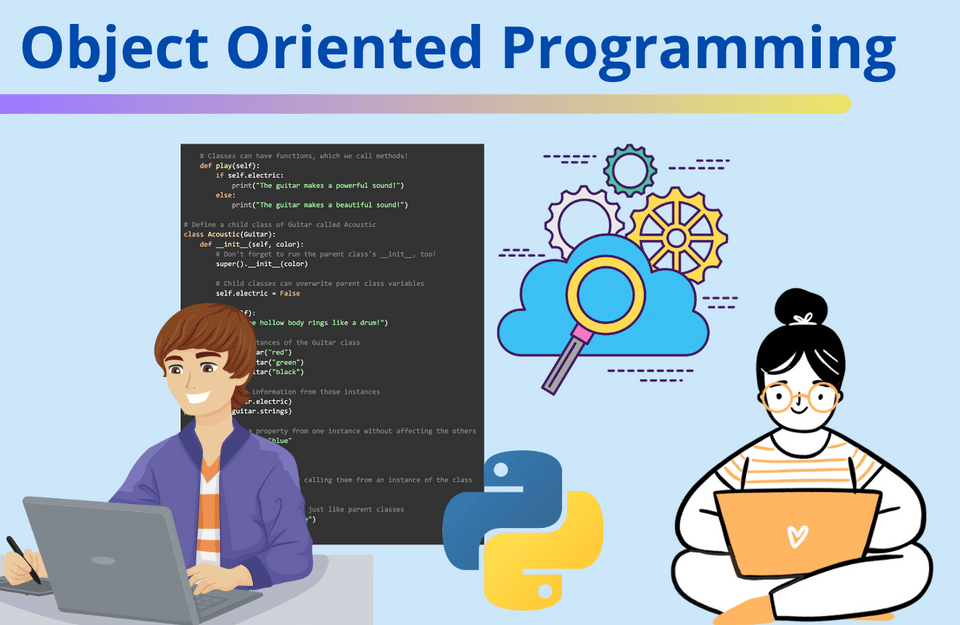
class statement, which allows you to define classes, create objects, and inherit attributes and methods. This direct exposure to OOP concepts helps you understand the principles and how they are implemented. Clear syntax: Python's syntax is easy to read and write, making it simpler to focus on understanding OOP concepts rather than getting bogged down in syntax errors or complexity. Robust libraries: Python has an extensive library of modules that support various aspects of OOP, such as unittest for testing, pickle for serialization, and copy for shallow and deep copying. This allows you to focus on the theoretical aspects of OOP without worrying about practical implementation details. Large community: Python's large and active community provides ample resources, including tutorials, documentation, and forums, where you can ask questions and get help when learning OOP concepts. Real-world applications: Python is widely used in various industries, such as scientific computing, web development, data analysis, and artificial intelligence. By applying OOP principles to real-world projects, you'll gain hands-on experience and a deeper understanding of how these principles are used in practice. Flexibility: Python's dynamic nature allows for flexibility in your approach to OOP, making it easier to experiment with different design patterns and explore new ideas without worrying about rigid syntax or constraints.
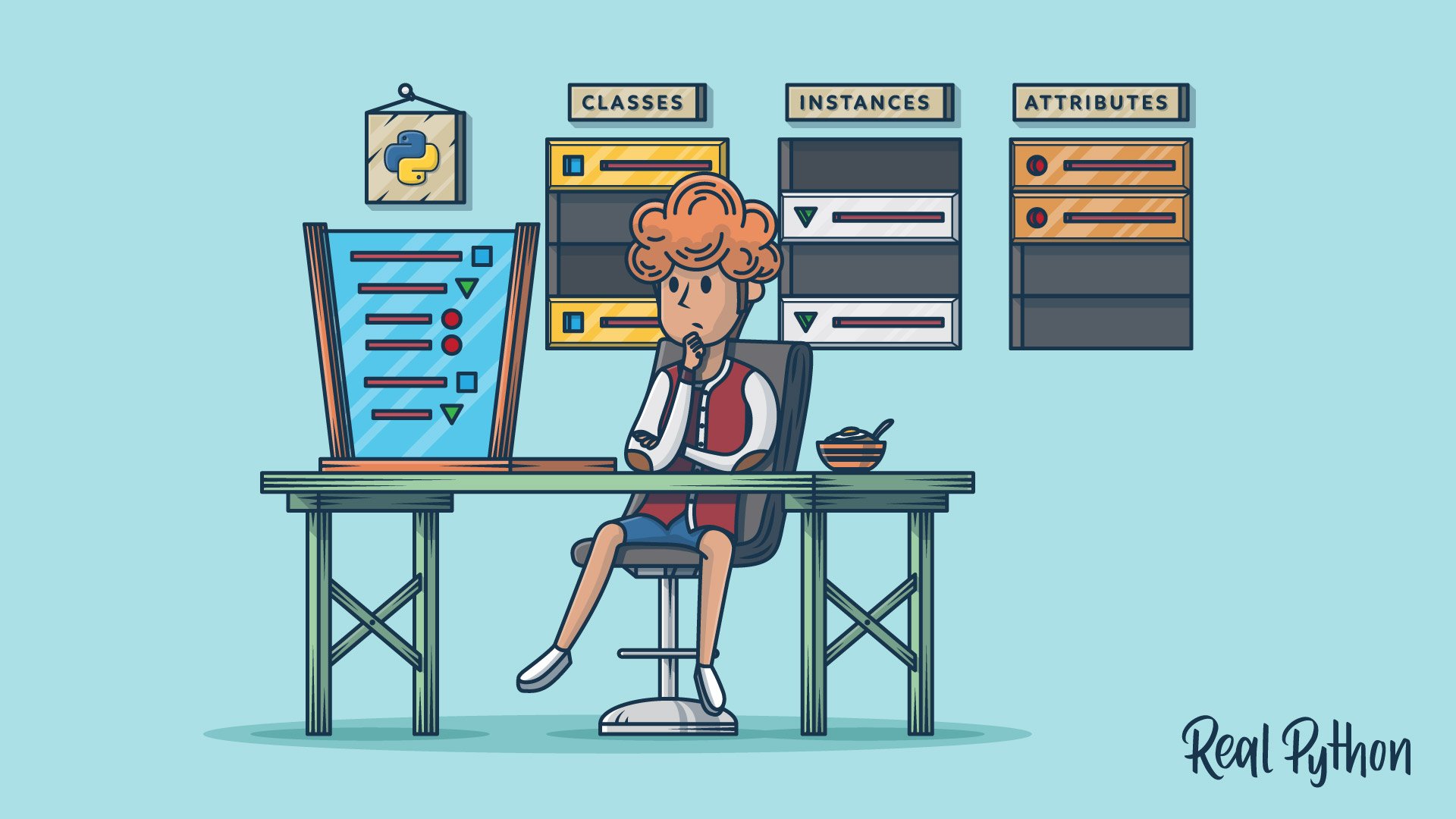
In summary, Python's simplicity, built-in support for OOP, clear syntax, robust libraries, large community, real-world applications, flexibility, and integration with other languages make it an ideal language for learning Object-Oriented Programming concepts.
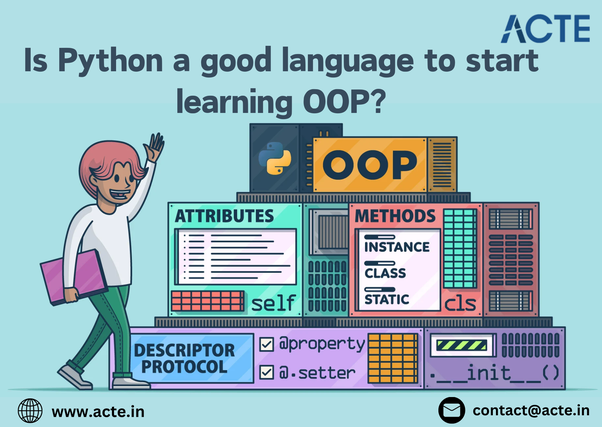
Simplified Chinese summary:
(Note: The Simplified Chinese summary is not a direct translation, but rather a brief restatement of the main points in Simplified Chinese.)
